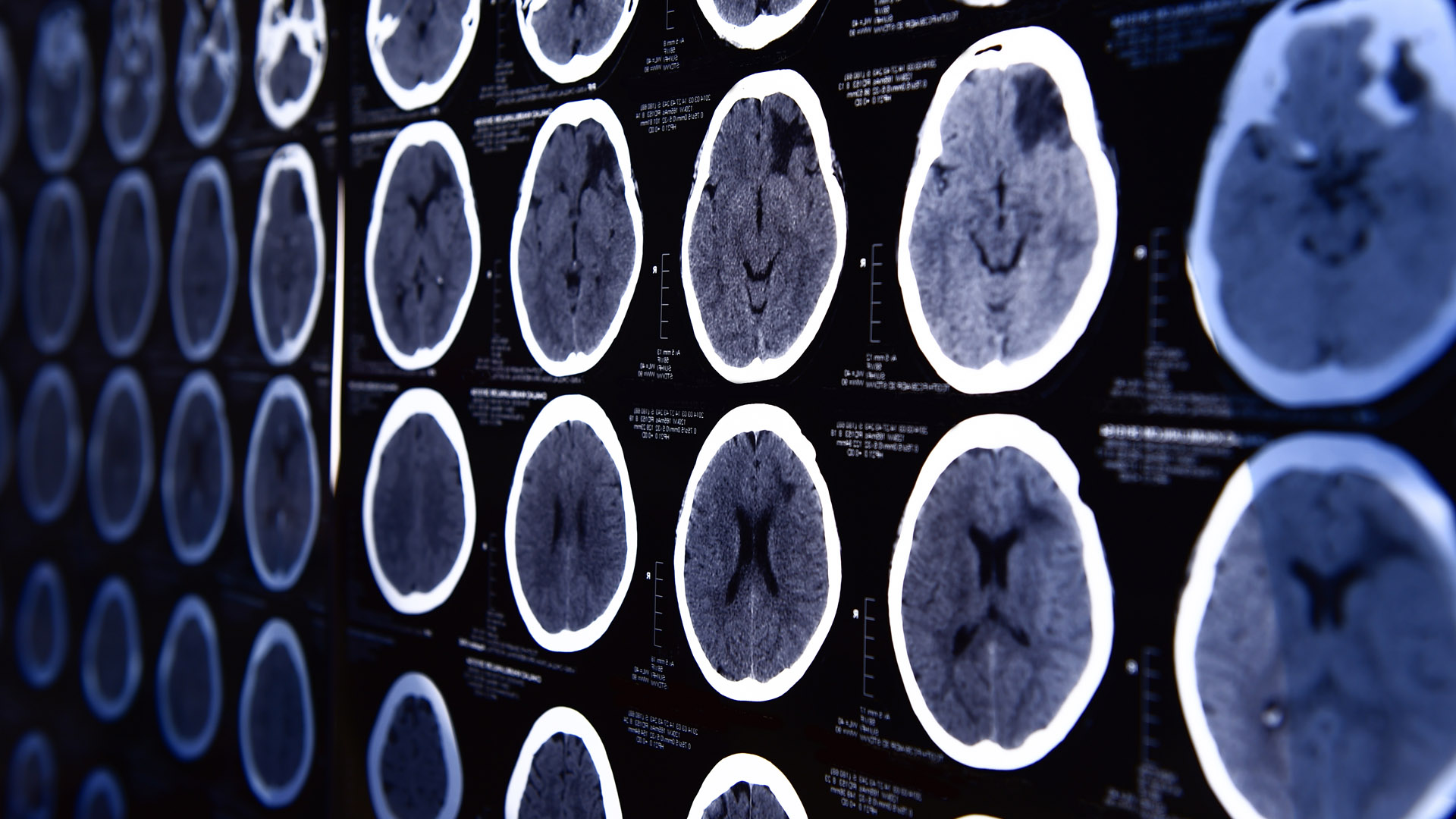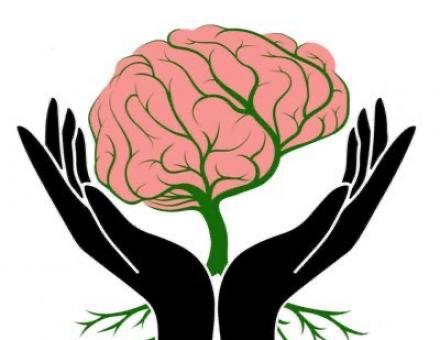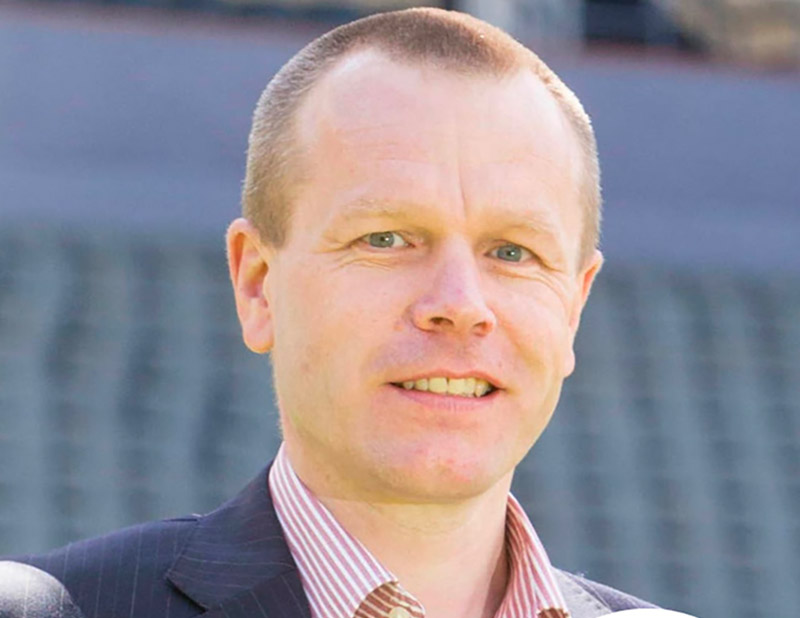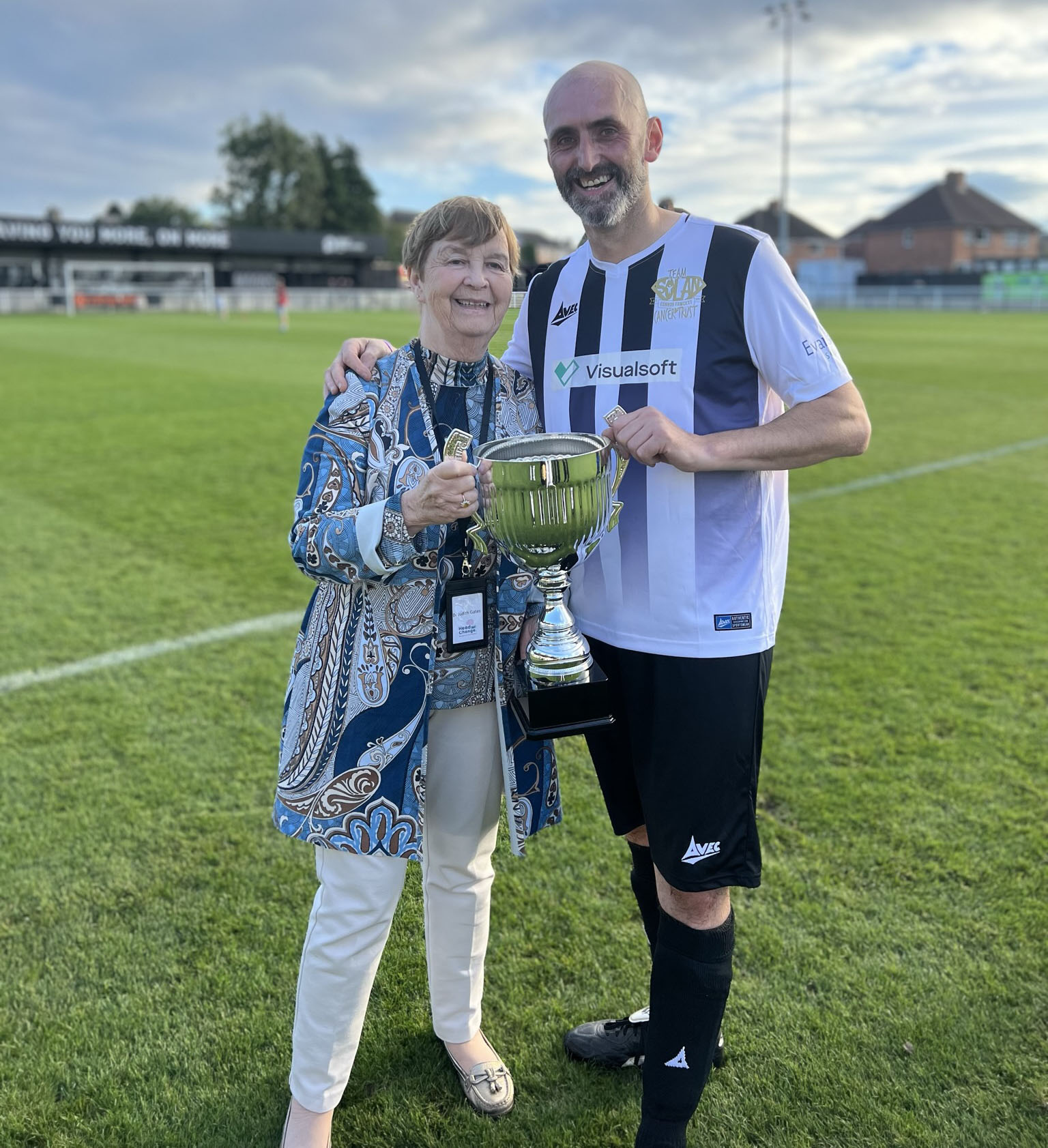HeadSAFE:TOGETHER

Having worked with many ex-players and families suffering from this industrial disease, Head for Change, a UK brain health charity committed to being part of the solution, recognises the concerns of families that have led to this legal action.
This is a wake-up call for the sporting governing bodies to work together constructively to fulfil their duty of care to all retired, current and future players.
‘It’s time to protect players, as well as the game.’
Ten actions needed to protect players.
HeadSAFE:TOGETHER through collaborative action
‘All head impacts can damage the brain. You only have one brain’
- Acceptance – Every sporting governing body should publicly acknowledge that research evidence demonstrates the link between repetitive head impact and chronic traumatic encephalopathy.
- Awareness – A multi-media campaign promoting the message “Heading harms your brain” should target all stakeholders. Dementia is a devastating terminal disease – preventable cases are a tragedy.
HeadSAFE : PREVENT through education
“Prevent the players of today from becoming the victims of tomorrow.”
- Educate – Every stakeholder, from grass-roots players to the Premier League, from youth coaches to sports scientists, should learn about the dangers of head impacts and CTE.
- Reduce exposure – Head impacts in all training should be minimised, monitored and regulated, with particular reference to academies and foundations.
- Experiment with the rules – Head impacts in matches should be reduced and monitored to minimise harm to players.
- Implement – Concussion protocols should be fully implemented and temporary concussion substitutes should be introduced. A concussion ombudsman with specific knowledge is needed to provide independent expertise. Cumulative head impacts should be regulated.
HeadSAFE : PROTECT through care and support.
“They gave us our footballing memories. In doing so, they lost theirs.”
- Support – An industry wide independent fund should be established to provide financial support for players at every stage of their dementia journey, particularly including funding for full time care.
- Care – Dementia is a long and painful journey. Affected ex-players and their families should be provided with ongoing emotional, psychological and practical support.
HeadSAFE: PRESERVE through research
“We now know that head impacts are dangerous. We don’t know how many, if any, headers are safe.”
- Research – Brain and other physical changes from repetitive head impacts should be the subject of independent, player centred, precautionary research which does not expose players to further harm. This research should then be used to guide the sport towards safer guidelines.
- Mitigation – In vivo diagnosis, together with possible treatments and cures for CTE, should be the subject of urgent independent research in order to provide hope for ex-players who, following a career in football, have justifiable concerns about their future brain health.








